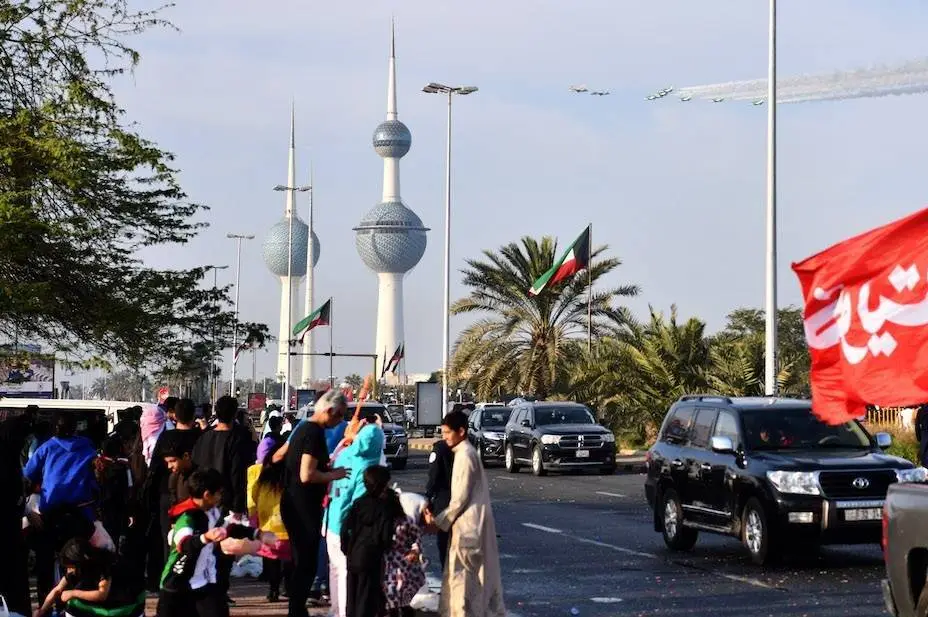Kuwait has ramped up its enforcement of residency and labor laws, resulting in the deportation of 610 expatriates within just five days. This recent crackdown highlights the government’s dedication to ensuring compliance with immigration policies and upholding labor regulations throughout the nation. The deportations are part of a larger security initiative aimed at tackling unauthorized residency and employment issues.
Starting December 1, authorities carried out a comprehensive security operation that led to the detention of over 300 more individuals found violating residency and labor laws. The operation focused on both workplaces and residential areas, identifying those lacking the required legal documentation or permits. This move has ignited conversations about finding a balance between enforcing regulations and considering the social implications for migrant communities.
Kuwait’s strict measures are viewed as part of a broader strategy to regulate its workforce and combat illegal employment. By targeting violators, the government seeks to establish a more organized labor market and alleviate pressure on public services. While the crackdown has raised alarms among human rights advocates, officials argue that these actions are crucial for maintaining the country’s legal standards.
The deportations are likely to persist as authorities emphasize the importance of enforcing residency and labor laws. This initiative serves as a reminder of the strict requirements expatriates must fulfill to stay in the country legally and the potential repercussions of failing to comply.





